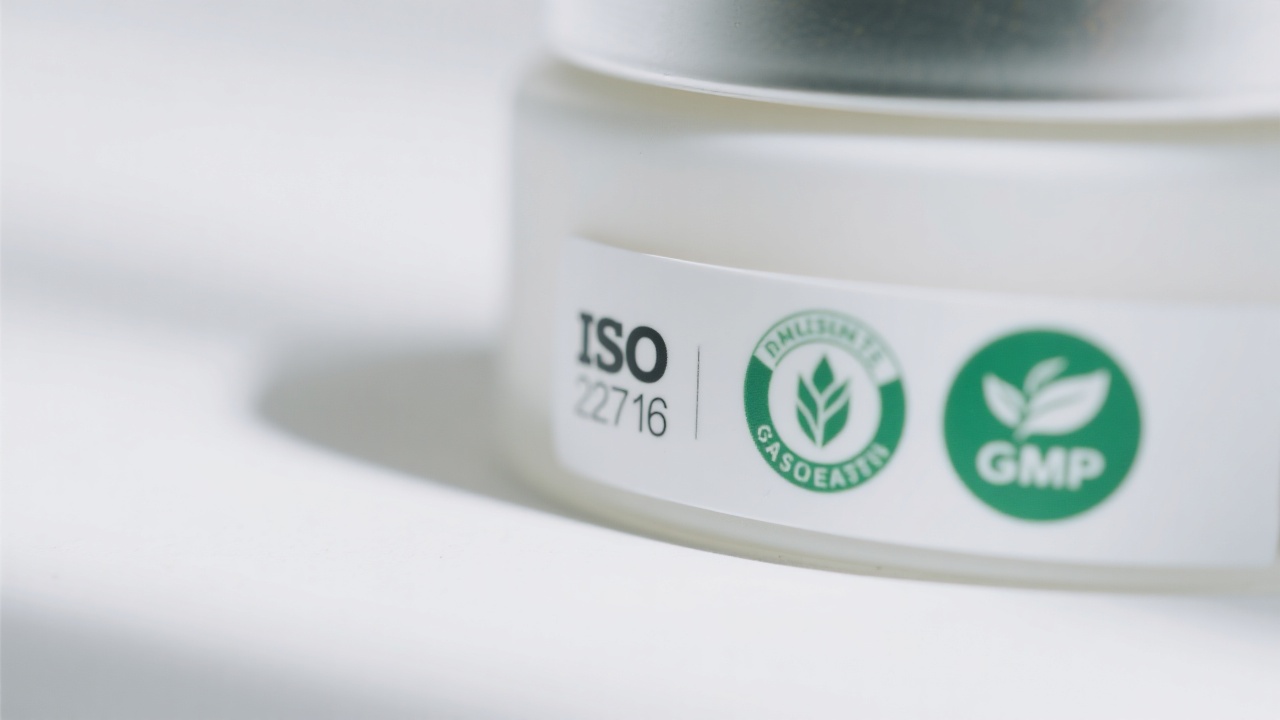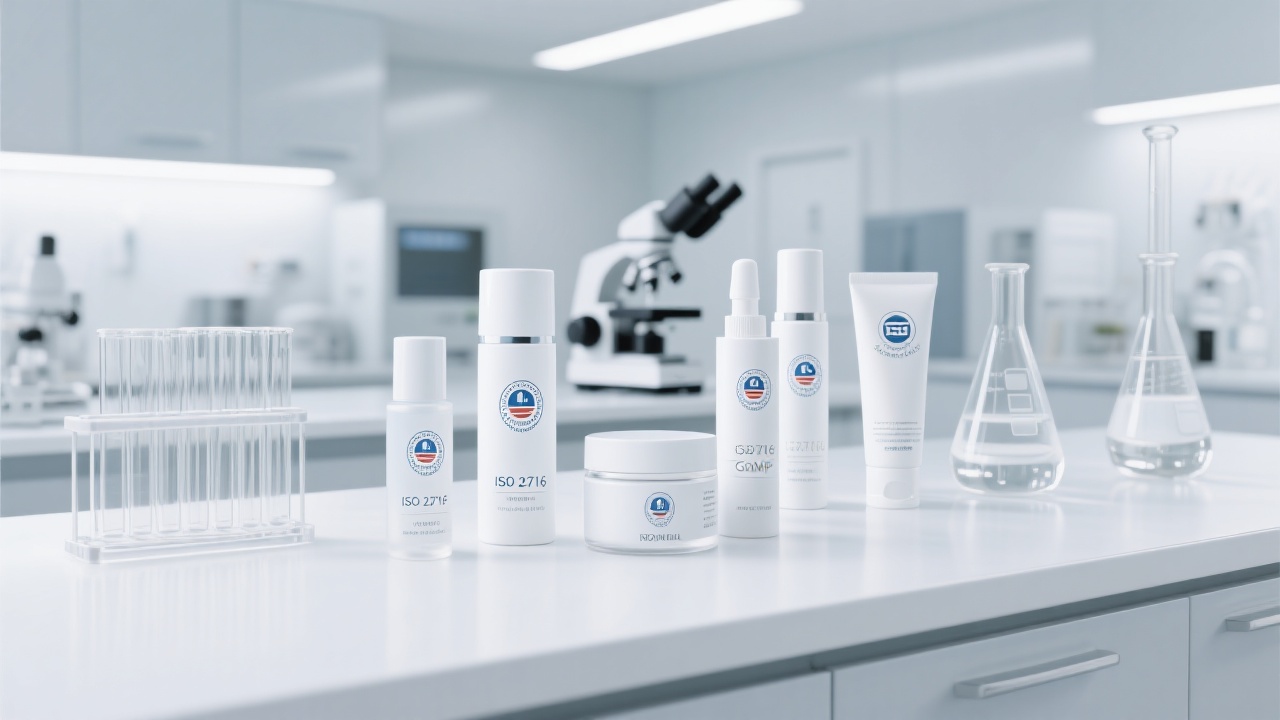In recent years, the global skincare industry has witnessed a substantial shift toward products that promise both efficacy and safety. Among the most notable trends are silicone-free and sulfate-free formulations, which are embraced not only for their gentler impact on skin but also for aligning with stringent international safety regulations. This movement responds to increasing consumer awareness and tightening regulatory frameworks across key export markets such as the European Union, North America, and parts of Asia.
Silicones, often used for their smooth, velvety texture and occlusive properties, have raised concerns regarding skin breathability and environmental persistence. Sulfates, widely applied as surfactants and foaming agents (most notably Sodium Lauryl Sulfate), can cause irritation, particularly in sensitive skin populations. The removal of these ingredients does not compromise product appeal; instead, it opens doors to more natural, hypoallergenic alternatives that better meet consumer demand for safety without sacrificing functionality.
Regulatory bodies like the European Chemicals Agency (ECHA), U.S. Food and Drug Administration (FDA), and Japan’s Ministry of Health, Labour and Welfare have issued clear guidelines encouraging transparency in ingredient disclosure and safety assessments. These institutions highlight the potential irritants in silicones and sulfates and recommend limits — or outright avoidance — especially in products targeting sensitive or compromised skin.
| Ingredient | Common Uses | Concerns | Regulatory Stance |
|---|---|---|---|
| Silicone (e.g., Dimethicone) | Texture enhancer, moisture barrier | Potential pore clogging; environmental persistence | Restricted in eco-conscious formulations; requires labeling |
| Sulfates (e.g., Sodium Lauryl Sulfate) | Surfactant, foaming agent | Skin irritation, dryness in sensitive individuals | Limited use in sensitive skin products; labeling mandatory |
| Parabens (Preservatives) | Preservation against microbial growth | Potential endocrine disruptors (under debate) | Restricted or banned in several markets |
Scientific studies reveal that silicone-free and sulfate-free products generally exhibit lower rates of irritancy and allergic reactions. For example, a 2021 dermatological survey involving over 2,500 participants found that products devoid of sulfates reduced skin dryness and redness by approximately 35% compared to conventional formulas. Meanwhile, consumers using silicone-free cosmetics reported fewer occurrences of clogged pores and acneiform eruptions.
However, efficacy remains a priority. Utilizing biotechnological advances, such as those pioneered by Ousan Chenxiang Biotechnology Co., Ltd., allows for the formulation of gentle yet potent skincare solutions. Their innovative ingredient extraction and preservation technology ensure that product stability and skin benefits are maintained without relying on silicones, sulfates, or harsh preservatives.

To meet growing demand for transparency and proven safety, certifications like Ecocert, COSMOS Organic, and the USDA Organic Seal play pivotal roles. Products cleared by these bodies assure distributors and customers of compliance with strict ingredient sourcing and processing standards.
Ousan Chenxiang stands out by integrating these certifications with its proprietary bioengineering methods to exceed regulatory expectations. This allows its partners to confidently introduce products into sensitive markets and navigate complex import regulations, ensuring customer satisfaction and bolstered brand credibility.

Middle-to-high-end international markets increasingly demand skincare products that align with ethical, ecological, and safety standards. Exporters who adopt silicone-free, sulfate-free, and preservative-free formulations can access broader distribution channels, including Europe’s stringent personal care markets and North America’s growing niche for clean beauty products.
According to recent market research, global demand for sulfate-free shampoos and facial cleansers is expected to grow annually at a CAGR of 6.5% through 2027, with similar trends observed in silicone-free segments. Meeting these standards with verified quality effectively transforms compliance from a regulatory hurdle into a sustainable competitive advantage.

Harness the power of biotechnology innovation to elevate your skincare brand internationally — discover how Ousan Chenxiang’s advanced formulations can secure your market leadership.